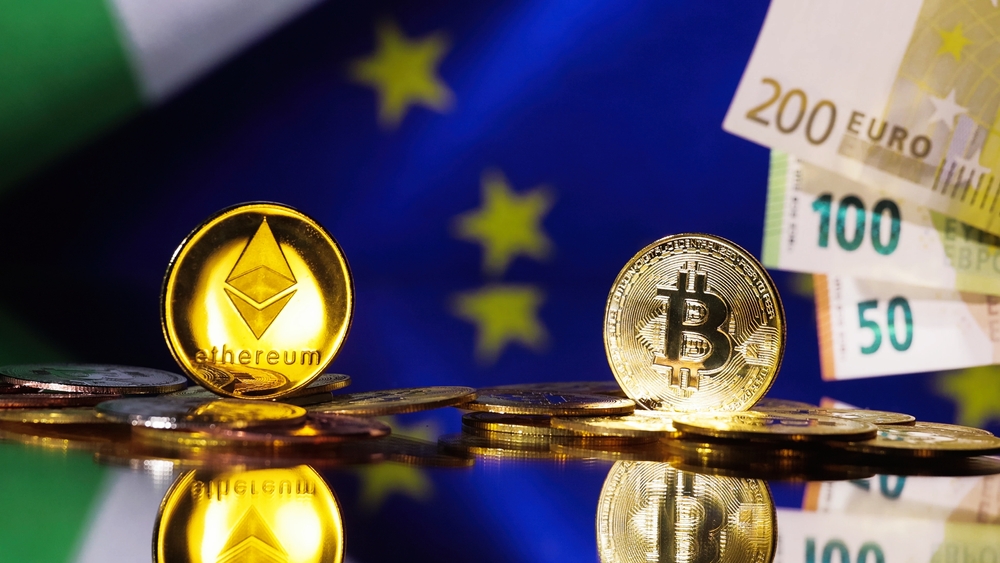The European Union (EU) has proposed draft legislation for smart contracts to regulate the infrastructural foundation of decentralized finance (DeFi). The amended proposal will ease the strict requirements for smart contracts, and the draft bill is expected to be adopted by February 9.
Easing The Requirement Burdens
Lawmakers in the EU are proposing an amendment to the existing smart contract regulation, which will ease the demanding requirements. The move comes after lawmakers in the European Parliament agreed to revise the content of the Data Act.
The draft proposal will reduce the smart contract requirements in some areas and scope in the coming days. Per the draft, sellers of smart contracts, the technology behind the DeFi infrastructure, would no longer need to conduct a conformity evaluation or sign a declaration to comply with the EU procedures.
In addition, the previous expectations that smart contracts must meet the technical compliance of the EU requirement have been dropped in the amended draft rule. Furthermore, the text also sheds the scope requiring users to shoulder some of the burdens of deploying smart contracts.
Instead, the focus will be on the contractual party offering innovative contract services to handle all mandatory operational processes. Smart contracts regulation falls under the EU’s plan of overseeing the broader data market and the players’ activities in the sector.
Meanwhile, industry observers noted that the latest move would likely have a broader impact on cryptocurrency as smart contracts support DeFi infrastructures.
A Crypto Control Ploy
Despite the EU loosening its hold on the crypto space with the latest move, keen observers note that the draft legislation still contains some strict action to regulate the technology underpinning crypto transactions. Some of the new bill’s content includes the rigorous access control mechanism, which undermines the user privacy of innovative contract-based transactions.
Lawmakers are reportedly exploring the possibility of terminating transactions in smart contracts, which they seek to use in their new regulatory drive. Likewise, EU policymakers are considering the issue.
The draft also specifies that smart contracts must undergo the same legal protection as other contracts generated through other means. Meanwhile, the EU committee leading the negotiations is expected to vote for adopting the draft legislation on February 9.
After the adoption, a plenary vote in parliament is expected to take place later in March for the next step of the approval process. If the amended text is passed, the legislation will move to the inter-institutional negotiation stage involving the European Commission and the European Council.
With the Market in Crypto Asset (MiCA) bill still under consideration, the EU has set strategies to ensure comprehensive regulation of the digital asset ecosystem and its underlying technologies within the bloc. Meanwhile, the MiCA regulation is not expected to come into being till 2024.
